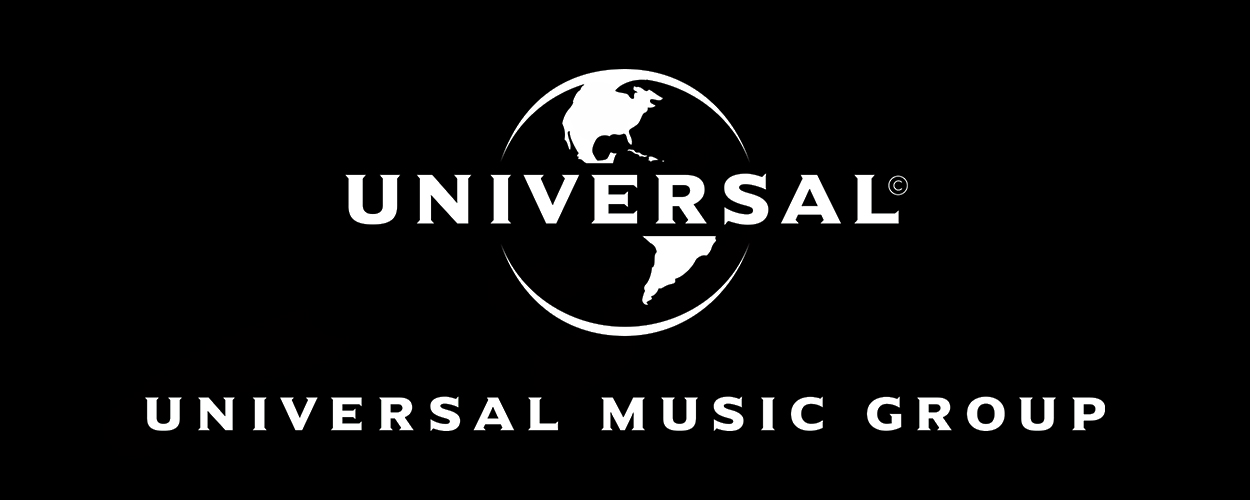This website uses cookies so that we can provide you with the best user experience possible. Cookie information is stored in your browser and performs functions such as recognising you when you return to our website and helping our team to understand which sections of the website you find most interesting and useful.
Business News Digital Labels & Publishers Legal
Black Sheep sue Universal over Spotify equity
By Chris Cooke | Published on Monday 9 January 2023

US hip hop duo Black Sheep kicked off the new year by suing Universal Music last week over the equity the major secured in Spotify when it first negotiated a licensing deal with the streaming service back in the 2000s.
The lawsuit – which seeks class action status – argues that that arrangement short-changed artists, because the major accepted a lower royalty rate in return for the stock.
The practice of the major record companies seeking equity as part of any initial licensing deals with digital music start-ups was controversial for various reasons after it became the norm in the mid-2000s.
The majors’ logic in making those equity demands was that many early investors in digital start-ups don’t intend to get a return on their investment from said start-ups becoming profitable businesses. Instead they get their return when any one start-up becomes sufficiently hyped and/or dominant in its chosen market to be subject to a mega-bucks acquisition or Initial Pubic Offering.
If the investors are going to cash in when that acquisition or IPO comes along, then any licensors providing the start-up with the music they need to launch should get a similar cash in, the majors reckoned. Not least because, with some digital start-ups, it’s not assured that the company will actually become a profitable concern even after the big deal from which the investors profit.
Criticism in the music community of the majors getting equity in the streaming start-ups was less about the concept or logic behind that approach, and more about who exactly benefited from it.
For example, if only the majors got equity, then the indies – whose catalogues contribute to the value of any digital music start-up – would be helping boost the value of their competitors’ streaming stock without similarly benefiting for that arrangement. Which is why indie label repping licensing agency Merlin has sought to similarly secure equity when negotiating initial deals with digital start-ups.
The other big question, of course, is how artists benefit from the equity arrangement. Especially if, as Black Sheep allege in their lawsuit, the core revenue share arrangement between the streaming service and the label – some of which is paid through to artists – is lower because of the equity element of the initial deal.
Though, it should be noted, the record companies would generally argue that the equity element of the deal doesn’t really impact on the revenue share element.
The majors initially implied that, because the profits of any equity sale were not directly linked to any specific recordings, they were not obliged to share those profits with artists. However, as the prospect of Spotify listing itself on a stock exchange and the majors selling their equity seemed ever more likely in the mid-2010s, all three majors ultimately pledged to share the profits of any sale of their Spotify stock with their artists.
That shifted the debate somewhat. Although there was still some criticism in the artist community regarding how, exactly, those monies would be shared, and the general lack of transparency over what equity the majors have secured over the years, what the general policy is on sharing the profits of any equity sales, and what the process is for allocating and reporting a cut of that money to artists.
Unlike Sony, Warner and Merlin, Universal hasn’t actually sold any of its Spotify equity to date, meaning that the specifics of how it shares the profits with artists have not yet been scrutinised. Though its unlikely that artists will see 50% of those profits, as Black Sheep claim they should in the lawsuit.
“Universal is withholding hundreds of millions of dollars in royalties from artists through a previously undisclosed arrangement whereby Universal licensed artists’ recordings to the Spotify music streaming service in exchange for Spotify stock and lower royalty payments”, that lawsuit states.
“Under this arrangement”, it goes on, “instead of paying artists their full royalty payments, Universal made smaller payments and held onto the Spotify stock that contractually belongs to Universal’s artists”.
“In the mid-2000s, Universal struck an undisclosed, sweetheart deal with Spotify whereby Universal agreed to accept substantially lower royalty payments on artists’ behalf in exchange for equity stake in Spotify – then a fledgling streaming service”, the legal filing continues.
It then muses that record deals commonly provide artists with 50% of ‘licensing income’ generated by their recordings. “Rather than distribute to artists their 50% of Spotify stock or pay artists their true and accurate royalty payments”, the lawsuit goes on, “for years Universal shortchanged artists and deprived plaintiffs and class members of the full royalty payments they were owed under Universal’s contract”.
Justifying why the lawsuit should be granted class action status, the filing states: “Only through a class action can Universal’s artists remedy defendant’s ongoing wrongdoing”.
It goes on: “Because the damages suffered by each Universal artist are small compared to the much higher cost a single Universal artist would incur in trying to challenge Universal’s unlawful practices, it is not financially feasible for an individual artist to bring his or her own lawsuit. Further, many Universal artists do not realise they are victims of Universal’s unlawful conduct”.
We await to see if and how this dispute now proceeds – and to what extent it provides any new details or revelations about the equity elements of the music industry’s big streaming deals.





